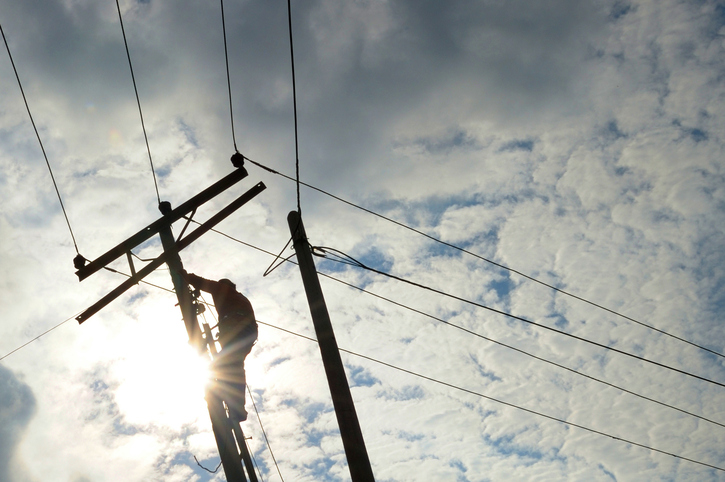A more resilient and reliable energy network will be crucial to support the UK’s digital infrastructure as smart cities become more prevalent, a new report has argued.
Last week the Institution of Mechanical Engineers (IMechE) published its ‘Smart Cities: Technology Friend or Foe?’ report, which discussed how increasing digital and connected infrastructure, particularly in city environments, could be jeopardised by power cuts.
These interruptions to the power supply also stand to affect more industries and services than ever before, with communications, transport, security and even trading impacted as technology and connectivity becomes more integrated into everyday life.
IMechE also concluded that cyber security events posed a greater than average risk to energy companies. Its study found that energy companies globally experience around 66 million cyber security events each year, roughly 25% more than other industries, and as much as 90% of those have been deemed serious enough to be medium-to-high risk.
As a result, IMechE has called on the UK government to urgently examine the demand and reliability of power supply infrastructure in the UK and how it can cater for the requirements of smart cities.
The report finishes with three key recommendations, namely;
- The inclusion of electricity system requirements into the planning of pathways for future power infrastructure, particularly in the context of digitally integrated smart cities;
- Greater collaboration and shared learning between city authorities and networks of cities, and;
- More acknowledgement within the education profession of the emerging skills required to live and work in connected, digital environments and a “radical reconfiguration” of education and training to reflect those changes.
Colin Brown, director at IMechE, said that as people were becoming more dependent on the electricity network, it “has never been more important” ensure security of supply.
“In order to keep critical infrastructure, transport, communications, security surveillance working, we need an electricity system which in the future will continue to be reliable 24 hours, 365 days a year. In the coming years, even relatively short interruptions to supply will potentially lead to substantial economic and social problems,” he said.





